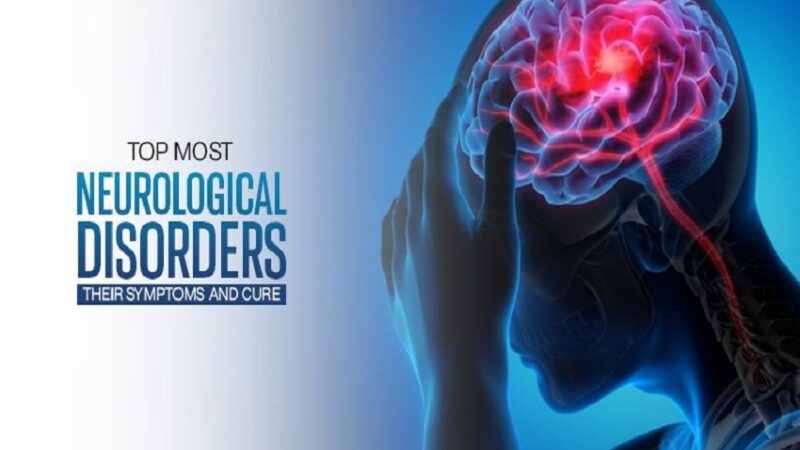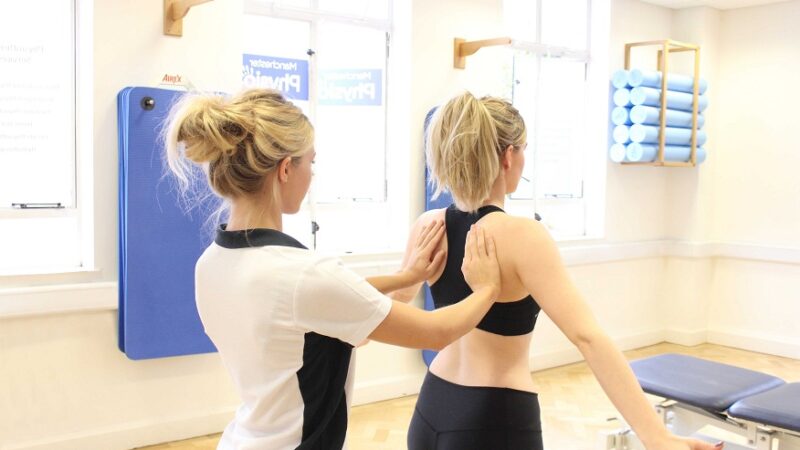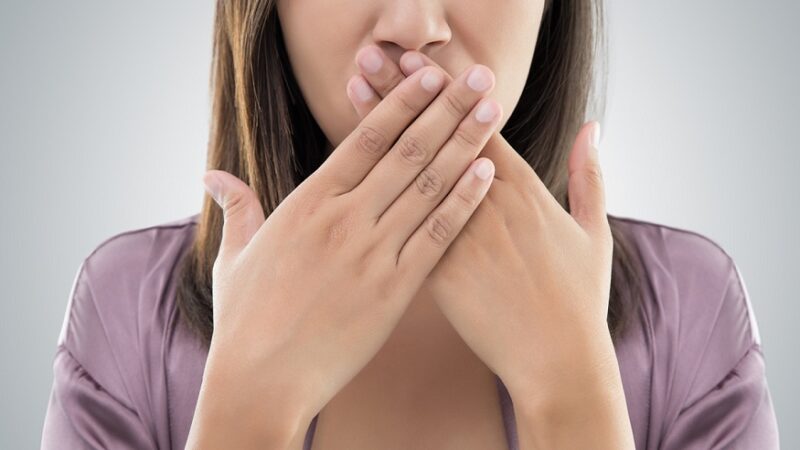Can CBD Oil Help Manage Movement Disorders Like Dystonia
Dystonia is a neurological movement disease that causes uncontrollable and frequently painful spasms. Dystonia additionally causes involuntary blinking and shaking, as well as causing the body to twist into strange positions. It can affect any area of the body, such as the arms, legs, neck, face, and vocal cords. Dystonia cannot be cured, although its symptoms can be managed with medicine. Here we’ll look at how cannabidiol oil India has been shown to help with Dystonia symptoms.
What does the research indicate so far?
Typically, Dystonia is treated with botulinum toxin injections into the afflicted muscles, which must be repeated every three months. Tablets or injections containing a medication designed to relax muscles in a wider part of the body, or a type of surgery known as deep brain stimulation. Non-medical options include physiotherapy and occupational therapy. However, research are beginning to look into medical cannabis and its effects on dystonia.
On September 17, 2021, a new study on dystonia was presented as part of the International Congress on Parkinson’s Disease and Movement Disorders Virtual Congress. The study sought to look into the effect of medical cannabis on Dystonia muscular activity and pain in individuals with an Israeli Ministry of Health (MOH) cannabis licence. The findings were promising, revealing that adult intake of medical cannabis could relieve Dystonia-related pain and, more importantly, improve sleep.
Any ideas that have been done?
Researchers from Tel Aviv University interviewed 23 patients with an official MOH licence to analyse scale, demographics, cannabis use, and treatment effects. The study included 11 women and 12 males. Participants in the study reported having used cannabis for a maximum of 3.5 years and a minimum of 1.5 years. The participants said that 48% utilised cannabis oil extract and 47.8% smoked dry buds. A additional 8.7% combined the two.
The Results:
Most notably, 70% of subjects reported improved sleep. According to the Dystonia Medical Research Foundation, people with dystonia frequently have insomnia and sleep disorders, which can have a negative impact on conditions such as anxiety and depression. The results of sleep after using medical cannabis are very substantial for Dystonia patients.
The study did, however, produce some negative side effects such as dry mouth, decreased mood, anxiety, and hallucinations. Some users discontinued using medical cannabis due to more serious negative effects. However, like with any medication, not every choice will be appropriate for everyone, which is why research like this are so important.
The researchers of the study concluded:
“Medical cannabis appears to reduce Dystonia symptoms and associated discomfort. A greater dose of THC and smoking, rather than sublingual oil, are far more effective.”
Why does cannabis help?
There has been little research into the use of cannabidiol oil India (cannabidiol) for dystonia, however some studies indicate that it may have potential as a treatment.
Medical cannabis has two primary cannabinoids that activate the endocannabinoid system’s CB1 and CB2 receptors. THC and CBD act to modulate the inhibitory and excitatory neurotransmitters required to reduce muscle tremors, which are frequently linked with dystonia. While the number of participants in this study was limited, the results are encouraging and demonstrate that further research is needed into the use of medical cannabis on Dystonia, but the findings are a step in the right direction.
CBD oil India has been shown to have anti-inflammatory and analgesic (pain-relieving) properties, which could assist in reducing the inflammation and pain associated with dystonia. CBD may also assist to regulate the action of specific neurotransmitters in the brain, potentially improving muscular control and reducing muscle spasms.
Furthermore, CBD has been demonstrated to have anxiolytic (anti-anxiety) properties, which could help in the treatment of dystonia-related psychological symptoms such as anxiety and sadness.
However, further research is needed to completely understand CBD’s effects on dystonia, as well as to determine its safety and efficacy as a treatment for the illness. Before taking CBD or any other complementary or alternative therapy for dystonia, please contact with a healthcare practitioner.







